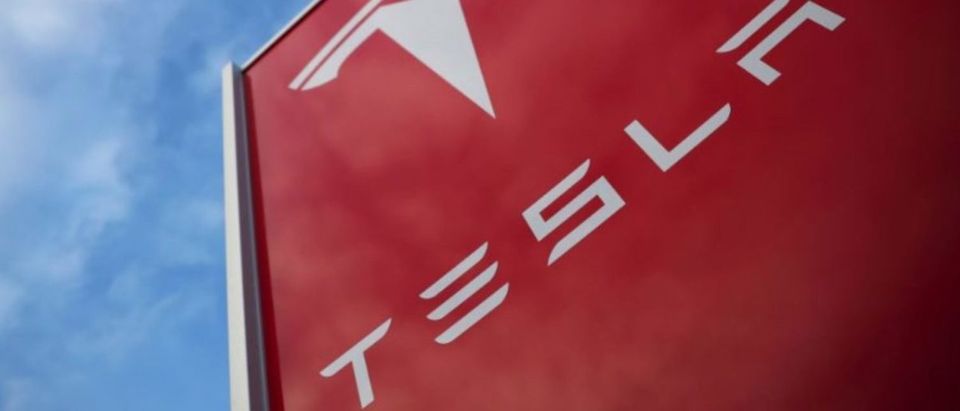Panasonic is unable to determine how much cobalt it uses for Tesla batteries comes from Cuba, a communist country subject to stiff sanctions from the U.S.
Some of the cobalt that Japanese battery distributor uses to make Tesla’s batteries is mined in Cuba by Canadian supplier Sherritt International, two sources told Reuters Friday. The intermingling nature of Panasonic’s supply chain makes it difficult to determine if the cobalt is made in Cuba.
“Panasonic has chosen to suspend its relationship with its Canadian supplier,” a spokeswoman with the company told Reuters. Panasonic used cobalt from an unnamed Canadian supplier for batteries used in the Tesla Model S and Model X, she added.
The U.S. imposed sanctions on Cuba after communist dictator Fidel Castro nationalized troves of American assets over 50 years ago. Former President Barack Obama eased restrictions on the Caribbean nation in 2016 before the Trump administration re-imposed the constraints.
Tesla did not respond to questions from Reuters about whether its batteries contained Cuban cobalt and, if so, whether that would place the California company in violation of the sanctions.
“Tesla is aiming to achieve close to zero usage of cobalt in the near future,” a spokeswoman said.
The Silicon Valley automaker is aiming to phase out the use of cobalt in Tesla vehicles, according to the spokeswoman.
Sherritt refused to respond to questions about the company’s battery-making operation.
“We’ve been working in Cuba for 25 years and we sell our Class 1 nickel and cobalt that’s refined from our facility in Fort Saskatchewan, Alberta, to customers in Europe and Asia,” Sherritt’s spokesman Joe Racanelli told reporters.
Recent reports suggest the materials required to build electric vehicles and solar panels are produced under some of the most worst environmental and labor conditions on Earth. (RELATED: Report: Green Energy Products Produced Under ‘Worst’ Environmental Rights Violations)
Lithium ion batteries soak up energy equaling about 1.6 kilograms of oil per kg of battery produced and rank dead last in greenhouse gas emissions, ratcheting up to 12.5kg of carbon emissions equivalent emitted per kg of battery, according to a study Devonshire Research Group, an investment firm specializing in valuing and devaluing tech companies conducted in 2017.
Lithium is a rare metal, making it difficult and time-consuming to discover and produce. Mining it results in staggeringly negative side effects for both the environment and those producing the metals that will eventually go into making products from the likes of automaker Tesla.
Environmentalists have also complained about Tesla’s use cobalt and graphite. (RELATED: New Report Sheds Light On Tesla’s Dirty Batteries)
A 2016 report from The Washington Post, for instance, indicates Panasonic batteries use graphite derived from mines in China. The mines are raining graphite particles down on the residents of several villages in northeastern in the country.
Nearly 75 percent of the world’s graphite comes from the northeastern section of China. The company’s refusal to explain where its graphite is produced could raise questions about the environmental soundness of its vehicles.
Follow Chris White on Facebook and Twitter
All content created by the Daily Caller News Foundation, an independent and nonpartisan newswire service, is available without charge to any legitimate news publisher that can provide a large audience. All republished articles must include our logo, our reporter’s byline and their DCNF affiliation. For any questions about our guidelines or partnering with us, please contact licensing@dailycallernewsfoundation.org.


